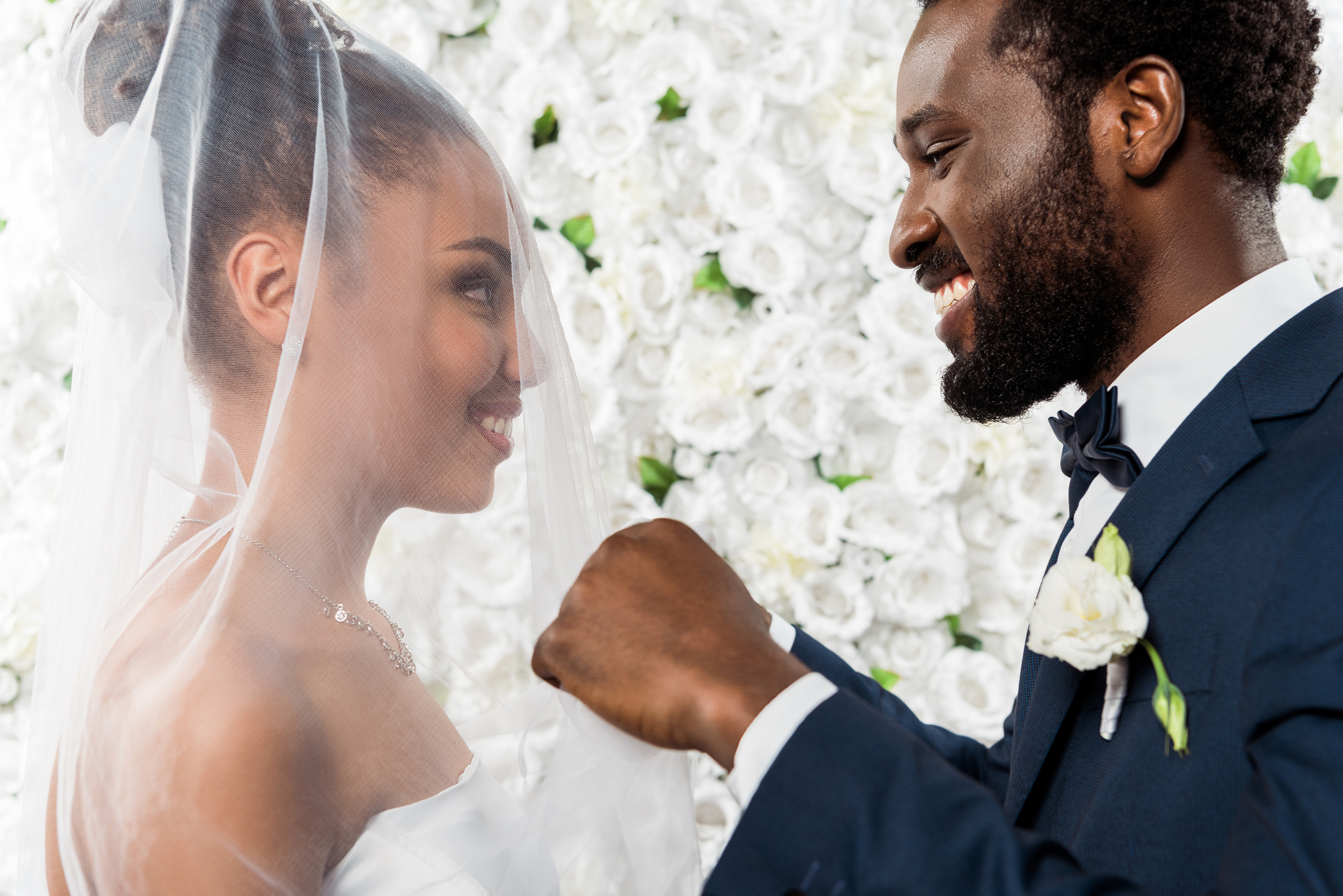Many Christians wonder about whether or not it is permissible for Christians to mix races in marriage. In some circles, much false teaching related to mixing races has dominated based on a misunderstanding of the Old Testament story and misinterpretations of passages in the New Testament. But what does the Bible say about the topic of mixing races?
Contents
What Does the Bible Say About Mixing Races (KJV)?
Although this verse is sometimes used to argue against mixing races, this verse forbade the people of Israel from mixing races with the people of Canaan specifically, and not the mixing of races generally. The purpose was to keep the people of God holy, set apart, preserving right worship of Yahweh alone and keeping away from the demonic idol-worship of the surrounding nations.
Here in Acts it is clear that mixing of races was part of the original means by which the earth was filled with people: all people, of various races, come from the one man, Adam. Such genealogical record can be found in the many instances of “These are the generations” (ʾēlleh tolēḏoṯ) in the book of Genesis (Genesis 2:4; 6:9; 10:1; 11:10; 25:12; 25:19, and others).
What Does the Bible Say About Mixing Races in Marriage?
In the Bible, there are examples when mixing races in marriage is allowed, and other examples when it is prohibited. The issue is essentially a matter of worship.
Examples When Intermarriage is Approved
Moses marries a woman from Midian (Exodus 2:15-21). The Midianites are said to be descendants of Abraham’s wife, Keturah, and were therefore not Israelites. Given Zipporah’s actions of covenant obedience in Exodus 4:25, it is likely she and her family were worshipers of Yahweh. The marriage between Moses and his non-Israelite wife from the people of Cush is challenged by Miriam and Aaron (Numbers 12:1), yet their speaking out against Moses leads to judgment against them, not Moses.
Both Ruth and Rahab were married into the people of Israel after declaring their worship of the God of Israel. Both appear in the New Testament genealogy of Jesus. The rationale, then, is that intermarriage is related more fundamentally to the issue of worship and Lordship rather than race.
Because foreign nations often worshiped other gods, there are examples in the Bible when mixing races in marriage is forbidden.
Examples When Intermarriage is Forbidden
There are a few examples when mixing races in marriage was forbidden in the Bible. However, the primary reason this was the case was to preserve the covenant community from the false gods and idolatrous worship associated with the nations which surrounded Israel. The Israelite community was to be holy, set apart, in order to be “a light to the nations,” making known the glory of the God of Abraham to all the world.
Here the Lord commands the high priest only a virgin from among the people of Israel.
Solomon is condemned for marrying women from other nations, not because their marriage mixes races but because their worship of other gods led both him and the people of Israel to false worship and idolatry.
Similarly, in the book of Ezra, the rejection of “strange” or “foreign wives” in Ezra 9:2 and 10:11 can be seen as a means of preserving covenant faithfulness and right worship of Yahweh, as well as a means of separating the people from idolatrous practices. The primary issue here is mixing idolatrous worship with worship of Yahweh, which was the primary reason the people of God were exiled from their land.
Intermarriage in the New Testament
In the New Testament, the Bible continues to prohibit believers from marrying unbelievers on the premise that it can lead to divided worship.
The command in the New Testament is for believers to marry other believers. Issues of interracial marriage are not forbidden.
The command for believers not to marry unbelievers applies to people of the same race as well, demonstrating that the and is not fundamentally opposed to people mixing races in marriage. This passage has been used inappropriately by some to speak of mixing races in marriage. However, as the full context of the verse reveals, Paul is speaking directly to the issue of believers marrying unbelievers.

What Does the Bible Say About Diversity?
The Bible envisions worshipers of God as being a diverse group of people. Such diversity brings glory to the God who made all people in his image. God never intended to limit his promises to one group of people (Israel), but for his people to be the conduit through which all of the nations of the earth are blessed. Diversity has always been the goal or biblical picture of God’s promises.
The goal of God’s covenant promises was always to include a diverse group of people from every nation. Israel was intended to be a light to lead all nations to the one true God, such that the gospel in the New Testament was to be preached to all nations (Matthew 28:19).
The result of the proclamation of the gospel in the book of Acts is that the church quickly became diversified. The gentiles (or “non-Jewish people”) had also received the promise of salvation through the Holy Spirit.
Bible Verses About Ethnicity
God’s goal of forming a people for himself from every nation of the earth is first explicitly given to Abraham. While Israel was to be a partial fulfillment of this promise, of bringing God’s light to the surrounding nations, Paul interprets the promised “seed” (a singular offspring) of Abraham as being Jesus Christ (Galatians 3:16). Jesus units people from all nations and ethnicities under his Lordship.
One of the most defining pictures of ethnicity in the Bible occurs in John’s Revelation of those gathered around the throne of God. The worshipers are made up of people from all ethnicities and languages and culture, all gathered together and worshiping God.

